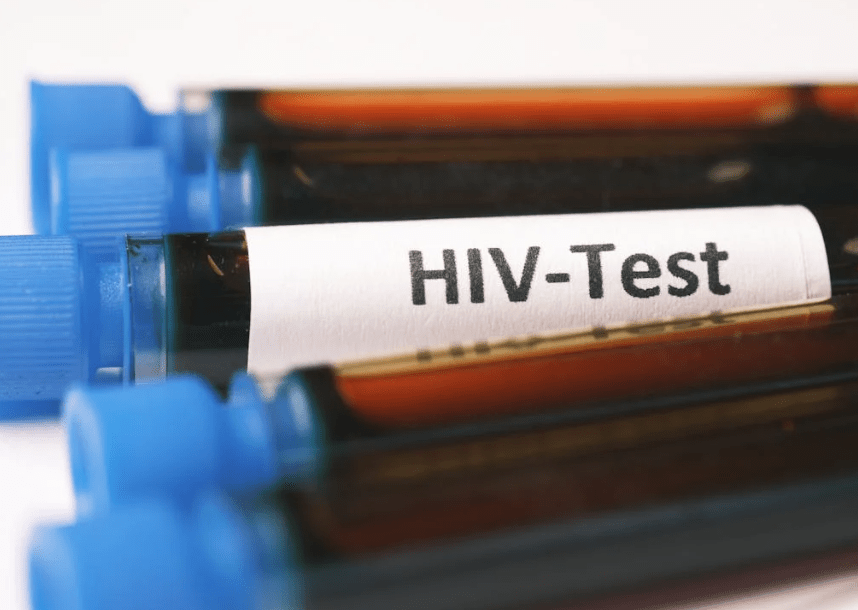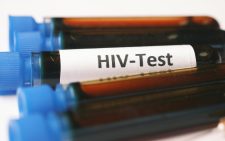HIV response lessons for climate action

The fight against HIV is one of the most remarkable public health achievements in recent history. What began as a devastating and misunderstood epidemic evolved into a global success story.
This transformation was not by chance, but by an orchestrated alignment of science, policy, and activism. As the world grapples with the escalating climate crisis, there are vital lessons to draw from this experience. Climate change, like HIV, is a complex issue requiring a multi-faceted approach to ensure meaningful progress.
At the heart of progress against HIV was science. Groundbreaking research identified the virus, its transmission routes, and effective treatments like antiretroviral therapy. This knowledge paved the way for evidence-based strategies to curb infections and improve the quality of life for those living with HIV. Science provided the tools, but its impact would have been limited without action.
In the context of climate change, science has long provided clear evidence of the problem and solutions. The Intergovernmental Panel on Climate Change reports offer a comprehensive roadmap: reducing greenhouse gas emissions, transitioning to renewable energy, and protecting ecosystems. Yet, just as with HIV, science alone cannot drive change. The challenge lies in ensuring this knowledge translates into actionable policies.
One of the pivotal moments in the HIV response was the adoption of policies that prioritised treatment and prevention. Programmes like the US President’s Emergency Plan for AIDS Relief (PEPFAR) demonstrated how governments could mobilise resources to combat the epidemic effectively. Policy frameworks such as the Global Fund to Fight AIDS, Tuberculosis, and Malaria ensured that science-driven solutions reached those most in need.
For climate change, a similar policy push is critical. International agreements like the Paris Accord set the stage for collective action, but commitments must translate into concrete measures. While nations pledge to limit global warming to below 1.5 degrees Celsius, there is often a disconnect between ambitious promises, the allocation of resources, and tangible on-ground action. Bridging this gap requires political will, innovative financing mechanisms, and the active involvement of communities most affected by climate change.
Carbon taxes, renewable energy incentives, and regulations to phase out fossil fuels are examples of policies that can drive change, yet their implementation is uneven and often delayed due to political and economic resistance. Policymakers must not only prioritise science-backed solutions but also address the realities of vested interests, ensure equitable transitions for affected industries and communities, and foster international cooperation to meet shared goals. Without such comprehensive action, the urgency of the climate crisis risks being overshadowed by inertia and short-term considerations.
Furthermore, robust accountability frameworks are essential to ensure that countries honour their commitments. This includes transparent reporting systems, measurable progress indicators, and mechanisms to penalise inaction or backtracking. Addressing climate change also demands a multi-sectoral approach, integrating efforts across energy, agriculture, transportation, and urban planning to achieve sustainable and resilient development.
The HIV response would have faltered without the tireless work of activists and affected communities. Different groups brought attention to the crisis, demanding access to treatment and challenging stigma. These movements were instrumental in holding governments and pharmaceutical companies accountable.
Similarly, addressing climate change requires robust advocacy. Grassroots movements need to amplify the urgency of the crisis. These groups need to push for accountability, ensuring that governments and corporations take meaningful action. Advocacy will also bridge the gap between science and policy, translating complex research into messages that resonate with the public and decision-makers.
– The writer is a Features Reporter with People Daily; n.milliam@yahoo.com















